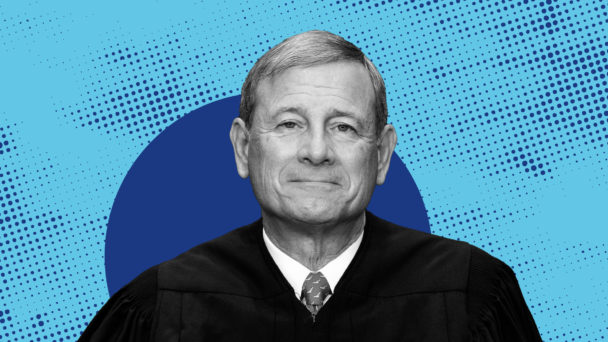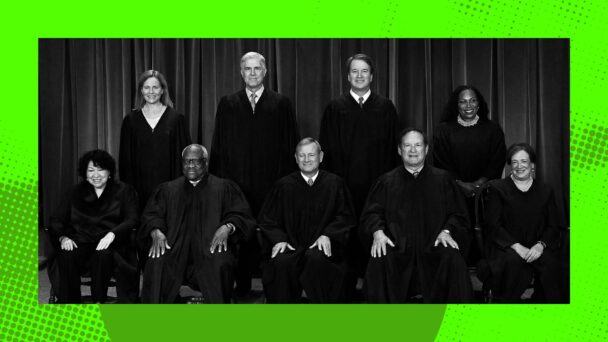In 1965, Congress passed the Voting Rights Act, a landmark statute designed to dramatically increase Black people’s participation in electoral politics after centuries of slavery, segregation, and second-class citizenship. Newbern, Alabama, a small town in which two-thirds of 133 residents are Black, has not held a municipal election for some 60 years. What a coincidence!
In place of a democratically elected government, the town, which is located about an hour south of Tuscaloosa, has been ruled by a small group of white people who handpick their mayoral and town council in a form of hand-me-down governance. In recent years, some of Newbern’s residents have sought to change that. In a recent filing in federal court, the residents argue that the town’s failure to hold elections violates residents’ rights under the Voting Rights Act and the Constitution, and ask the court to order the town to hold an election by November 2024.
The case is striking for multiple reasons, including, most obviously, the absurdity of the purported government’s departure from fundamental democratic principles. It is also a stark reminder of the real-world impact of federal courts in a political and legal system dominated by reactionary conservatives. Liberals are asking judges for small victories, launching last-ditch efforts to access basic rights under the Constitution. Conservatives, in contrast, are aiming much higher: For them, courts are a testing ground for novel ways to curtail rights nationwide. In federal trial courts, conservatives are having their cake and eating it too, while liberals are begging for crumbs.
Clip via ABC News
The plaintiff in this case is Patrick Braxton, a Black Newbern resident who, in 2020, filed the actual, long-ignored paperwork to run for mayor. As the only legally qualified candidate, he won by default, and tried to appoint a town council accordingly. The existing town council responded by convening a secret meeting during which it decided to conduct the town’s first-ever special election. Telling no one about the new “election,” the previous mayor, Haywood “Woody” Stokes III, and his council effectively reappointed themselves to their jobs. Stokes and his cronies have since repeatedly changed the locks at town hall as part of a refusal to transfer power to the legitimate officials. They have also denied Braxton access to the town’s bank account, forcing him to run food distribution drives and otherwise carry out his mayoral duties using his own funds.
In the lawsuit, the plaintiffs are asking the court to install Braxton as the town’s rightful mayor. “Allowing the Defendants to continue their hand-me-down governance violates the basic tenets of democracy and state law,” they write. In the meantime, they say, Stokes is ignoring basic requests from his Black constituents: Although their homes occasionally flood with raw sewage, he’s refused to support the installation of a proper sewage system.
The simple request in this case—can we have a local election, please?—is a far cry from the triumphant asks being made by conservative legal movement lawyers in federal courtrooms across the country. Over the past several years, a single Trump-appointed federal judge in Texas has signed off on requests to reverse the Food and Drug Administration’s decades-old approval of drugs used in medication abortion; to force President Joe Biden to reinstate Trump-era immigration policies; and to gut a federal program that provides free contraceptive access to anyone who wants it.
Many of these exercises in judicial policymaking have come in the form of nationwide injunctions, which spiked during the Biden administration as Trump judges began wielding their power to implement the former president’s agenda by judicial fiat. During a Supreme Court oral argument last month, Justice Neil Gorsuch observed that judges issued “exactly zero universal injunctions” during President Franklin Roosevelt’s 12 years in office. “Over the last four years or so, the number is something like 60,” he said. Given that conservative judges in Texas recently declined to adopt rules that would have limited conservative activists’ ability to hand-pick judges, it seems unlikely that this trend reverses anytime soon.
The Newbern case lays bare the impact of the Republican Party’s generations-long effort to capture the judiciary. When the federal bench is this stacked with friendly faces, the conservative legal movement is free to run up the score. Everyone else is just hoping to get on the playing field.




